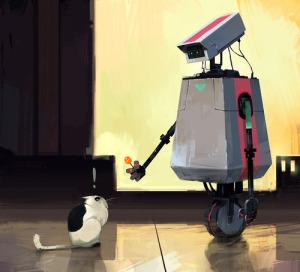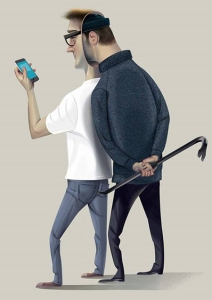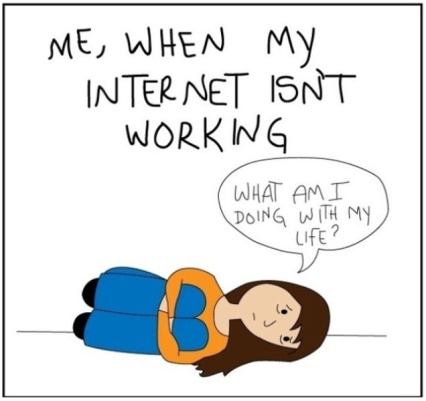Done & Dusted
Hello!
I’ve finally created a video regarding what I’ve learnt and how I’ve felt about the module. I decided against creating a video before because well…
Everybody’s doing it. xD
The video’s a little short so I’ll elaborate a little bit over here.
Initially, we all did an analysis on ourselves and how would we rate our digital literacy. I rated myself quite high because… well.. we’re in the social media generation, aren’t we? We grew up on these platforms.
After this whole module, I realised that maybe I’ve been a little narrow minded, there are social platforms that we are highly aware of but had never thought of making use of. For example, Linkedin and even wordpress.
So in my learning points, i mentioned that we all have digital literacy, it’s a question of whether we want to use it.
Hence my thoughts of the website being a tool. It’s a tool that helps us with communication and learning. But while it can help us, it could also ruin us. People find loopholes to satisfy their greed or need. Therefore, the rise of digital fraud and piracy.

At one point of time, we were all guilty too.
Awareness for these matters is extremely important. Especially for us marketeers who are now residing in the digital land. Target audiences become desensitized to messages sent out, marketeers has to double efforts or work around the issue.

Professional Profile
Facebook:
Before the module, Facebook was like a game center. I played tetris battle and used it as a calender for friend’s birthdays. After this module, I’m officially a stalker. Using Facebook to stalk companies I hope to join.
These brands often advertise for job positions on Facebook making it extremely easy for me to apply when a position opens.
Linkedin:
This is my brand new spanking Linkedin profile with a strength of “Intermediate”. While I’m still exploring ways to use it, I hope to connect with old lecturers, colleagues and friends. Linkedin interest me because it allows friends to “endorse” you for skills. Hence acting as a form of reference.
Twitter: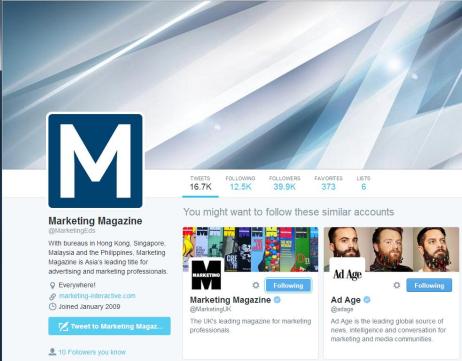 I followed groups like Maketing Magazine and Ad Age because they are my interest. As a micro blogging site, twitter is very good for instant and relevant news. Following these groups would not only keep me updated, it would also keep me entertained.
I followed groups like Maketing Magazine and Ad Age because they are my interest. As a micro blogging site, twitter is very good for instant and relevant news. Following these groups would not only keep me updated, it would also keep me entertained.
In conclusion…
Although this post is titled:
Done & Dusted
We live in a digital age where things would just keep growing. I feel that this module has given us a taste of what being digital savvy really means. I mentioned in my video that the cons of the module is that it lacks the human touch whereby our professors would just take 1 look at our faces and realise how lost we are. Being on the web (sorry lisa!) there are other things that distracted us during lessons.
I am thankful that this module prepared us and “trained” our perseverance.
We’ll never be done and dusted with the digital world unless we’ve been marooned on a desert island.
To end off this module, I would like to wish everybody in MANG2049, UOSM2033, Olja & Lisa a Happy Christmas and thank you for the fun time we had in the digital land.

A Digital Card for a digital module… Get it..?
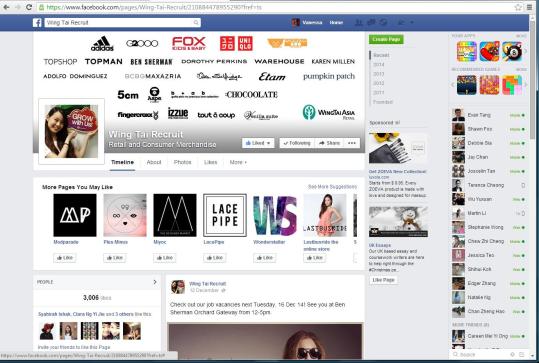
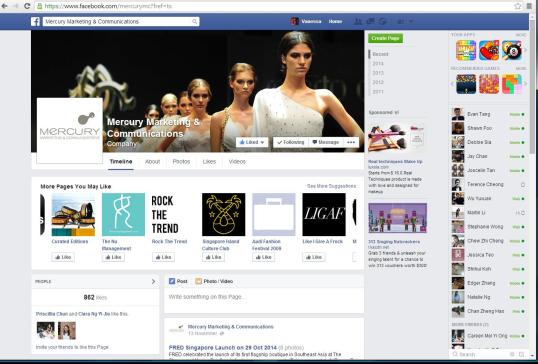
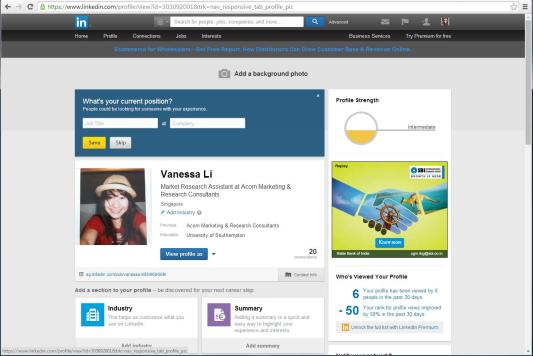



 People often get lost in the need of looking holistic and clean to create an image of professionalism. However, they are so caught up in that need they tend to forget that an online profile is suppose to represent the user.
People often get lost in the need of looking holistic and clean to create an image of professionalism. However, they are so caught up in that need they tend to forget that an online profile is suppose to represent the user.